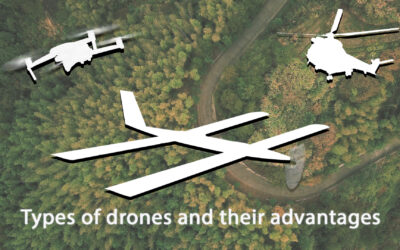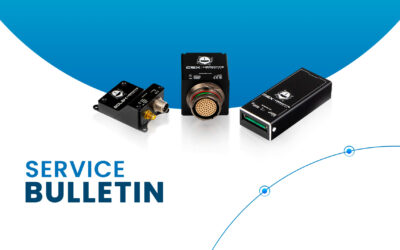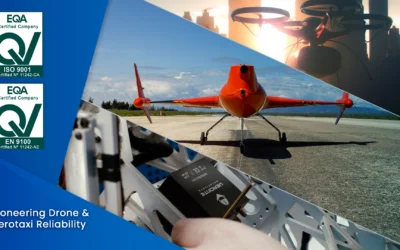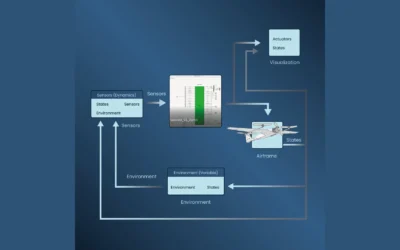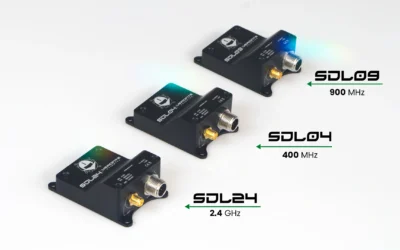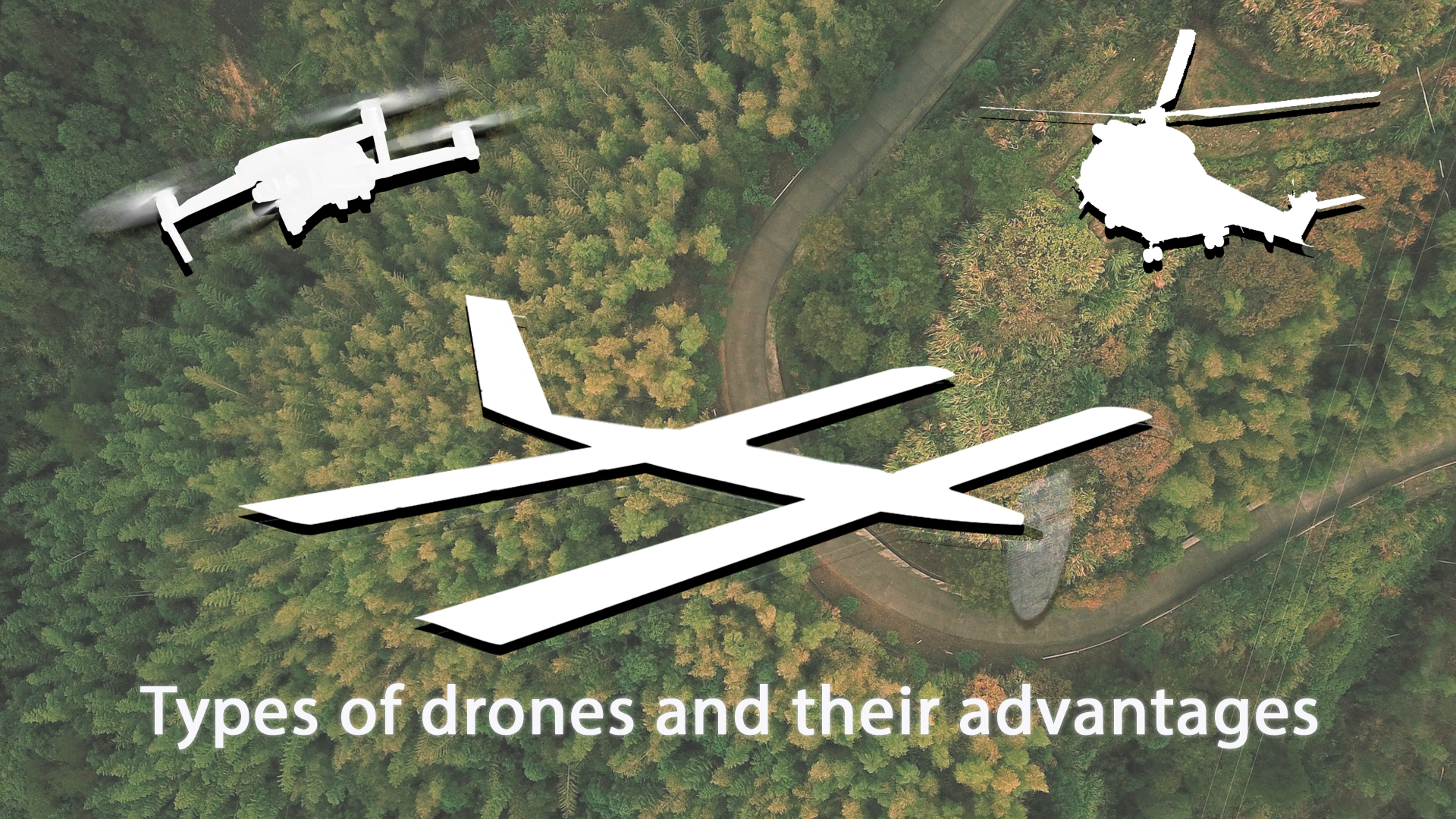The emerging eVTOL industry and the nascent electrification of conventional aviation make it necessary to develop devices tailored to engine control to meet the needs of such aircraft. Motor controllers (ESC) play a crucial role in the electrification of the aviation industry, as they share a series of essential requirements for the sector’s electrification:
- Reliability: Like any other aeronautical component, reliability is indispensable to ensure flight safety.
- Reduced Weight: In aeronautics, weight reduction is a key factor in optimizing aircraft performance.
- High Power: High power ensures the necessary thrust in eVTOL and electric aircraft.
- High Voltage: It allows reducing the current in the system, reducing losses and interference.
- Availability: Once the aircraft is certified, it is necessary to ensure availability for a reasonable period.
There are different technologies available in the market for engine control. The choice of technology depends on the motor’s characteristics and the specific requirements of the application in which it is used. The most commonly used technologies for motor control in aviation are IGBTs and SiC MOSFETs.
Electric Motor Control in Aviation
The SiC MOSFET technology is relatively modern and utilizes transistors with a higher switching frequency than other technologies. This means they enable the control of motors at a high speed, resulting in more precise control at high revolutions. The main and significant drawback of these transistors is that they are not suitable for controlling motors that require high power to operate. They can withstand high voltages with low currents or low voltages with high currents.
On the other hand, IGBT technology has been historically the most widely used for motor control. This is a well-established and mature technology with many years of use and testing in various industrial and automotive sectors. Within the aviation requirements, these transistors can handle high-powered motors but are limited to lower switching frequencies. Rapid motor speed changes would generate current spikes that could degrade the batteries in the eVTOL.
Regarding fault tolerance, IGBT technology has proven to be more robust in situations of overcurrent and has greater tolerance to temperature variations.
IGBTs for eVTOL and Aviation
Embention develops a line of Motor Controllers (ESC) for eVTOL and electric aircraft. The Veronte Motor Controller MC110, specifically designed for use in aerial vehicles, can operate with powers up to 110 kW, voltages up to 800 V, and currents up to 200A.
To achieve these reliable performances and ensure the robustness of the motor controller for eVTOL, Embention utilizes IGBT technology. This ensures proper long-term operation, preventing deterioration or degradation in motor control performance.
Furthermore, the maturity of IGBT technology for motor control allows the availability of highly tested components with reliable documentation on their robustness. This is crucial in all Embention developments, as the company follows aeronautical design standards DO178D, DO254, and DO160 as part of its EN9100 quality management system.

